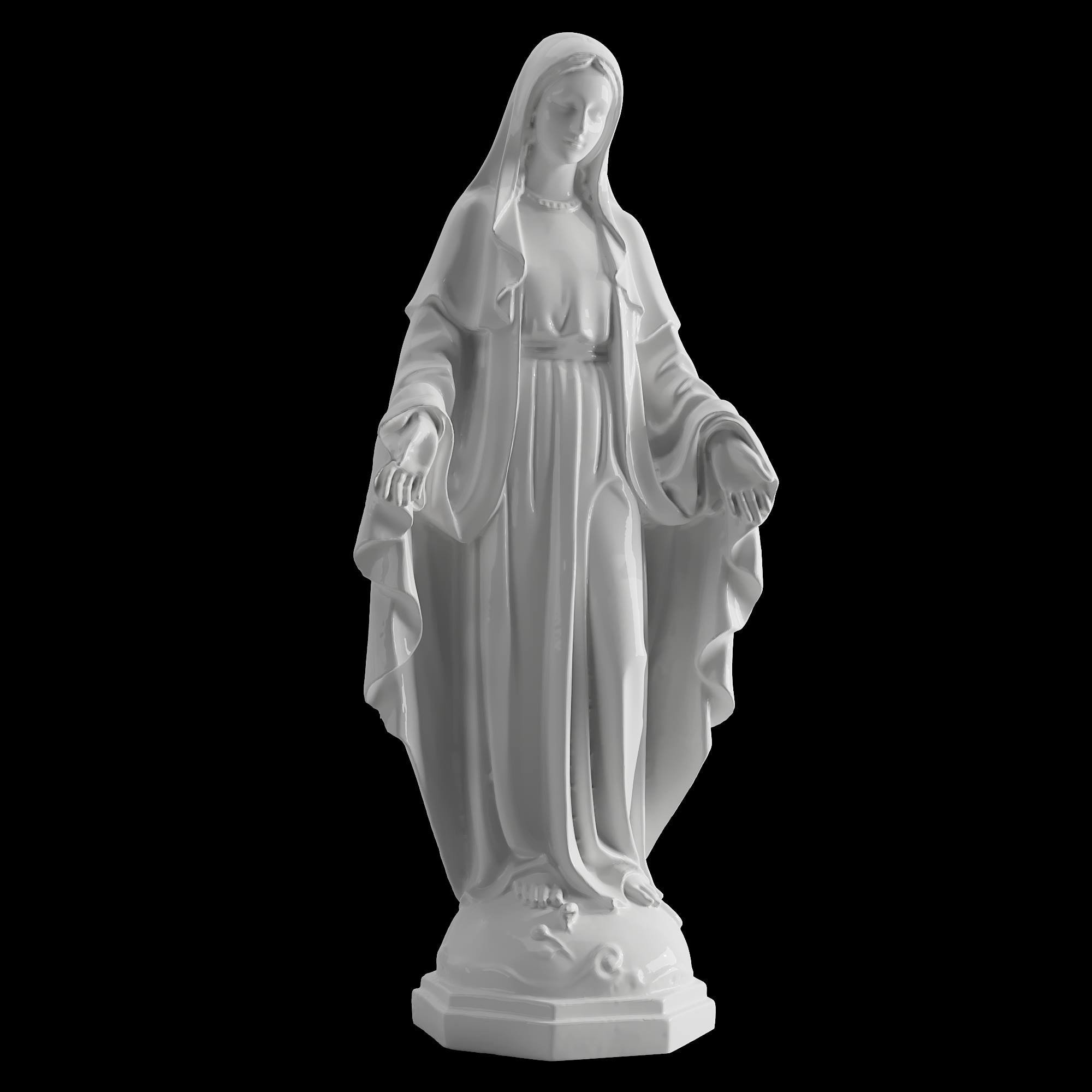## The Open Book: A Symbol of Knowledge, Exploration, and Transformation
The image of an open book resting on a table is deceptively simple. Yet, within its understated elegance lies a wealth of symbolism, inviting us to delve deeper into its meaning. This seemingly ordinary object has been a constant presence in human history, evolving from ancient scrolls to modern e-readers, always serving as a conduit to knowledge, exploration, and transformation.
Part 1: The Open Book as a Portal to Knowledge
* Openness: The open book embodies the very act of learning. By opening its pages, we welcome new ideas, concepts, and perspectives. It invites us to step beyond the confines of our preconceived notions and embrace the vastness of information waiting to be discovered.
* Accessibility: The book on the table signifies knowledge readily available. It implies that knowledge is not a privilege reserved for the elite but an accessible resource for anyone willing to open its pages. This accessibility encourages curiosity and intellectual exploration.
* Continuity: The open book represents a continuum of knowledge. It suggests that learning is a lifelong journey, a constant process of acquiring and assimilating information. The open pages signify the ongoing nature of this pursuit, with each page revealing a new layer of understanding.
Part 2: The Book as a Catalyst for Exploration
* Journey: The open book is a map, a guide, and a companion on a journey of intellectual exploration. The pages represent different destinations, each offering unique insights and perspectives.
* Imagination: The open book sparks imagination. It invites us to envision worlds beyond our immediate reality, to engage with characters and stories that transport us to distant lands and alternate realities.
* Discovery: The open book promises discovery. With each page turned, new possibilities emerge, unveiling hidden truths and challenging our existing beliefs. This journey of discovery is not limited to the written word but extends to the reader's own personal growth and understanding.
Part 3: The Book as a Vehicle for Transformation
* Growth: The open book represents personal growth. It suggests that knowledge is not merely a collection of facts but a catalyst for transformation. By absorbing information and applying it to our lives, we evolve, broaden our horizons, and gain a deeper understanding of ourselves and the world around us.
* Empowerment: The open book symbolizes empowerment. Knowledge grants us the tools and understanding to navigate life's challenges and contribute meaningfully to society. It empowers us to make informed decisions, to engage in critical thinking, and to advocate for positive change.
* Legacy: The open book leaves a lasting legacy. It preserves knowledge for future generations, ensuring that the stories, ideas, and lessons learned continue to shape the course of human history.
Part 4: The Table as a Platform for Reflection
* Stability: The table provides a stable foundation for the book, symbolizing a foundation of knowledge. It suggests that learning is not a fleeting pursuit but a grounded process that builds upon itself.
* Context: The table serves as a context for the book, grounding it in our everyday lives. It emphasizes the relevance of knowledge to our experiences and its ability to shape our understanding of the world around us.
* Connection: The table represents a connection between the book and the reader. It suggests a shared space where ideas are exchanged, where thoughts are formulated, and where knowledge is integrated into our lives.
Part 5: The Significance of an Open Book on a Table in Art and Literature
* Symbolism in Art: Throughout history, artists have used the image of an open book on a table to evoke a sense of intellectual pursuit, reflection, and tranquility.
* Literary Significance: In literature, the open book often serves as a metaphor for the human mind, a container for stories, thoughts, and emotions. The book on the table represents the process of writing, of crafting ideas and sharing them with the world.
Part 6: The Open Book in a Digital Age
* Evolution: While the physical book may have evolved into digital formats, the essence of the open book remains unchanged. E-readers and online libraries still provide access to vast stores of knowledge, inspiring the same sense of exploration and transformation.
* Accessibility: The digital age has made knowledge even more accessible, breaking down geographical and cultural barriers. This increased accessibility has the potential to democratize learning and empower individuals around the world.
Conclusion:
The open book on the table is more than just an object. It's a powerful symbol of knowledge, exploration, and transformation. It represents the ongoing human pursuit of understanding and its ability to shape our lives, our societies, and the very course of history. Whether in its physical form or its digital manifestation, the open book remains a timeless testament to the enduring power of knowledge and its ability to illuminate our world.






















Comment (0)